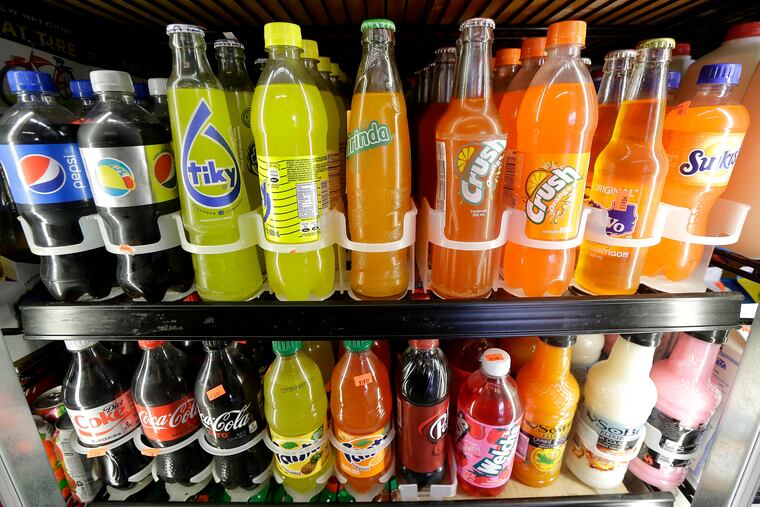Mayor Jim Kenney won the Philadelphia primary; so did the soda tax | Editorial
With Mayor Kenney’s primary win, the soda tax is likely here to stay and Philadelphia should be proud of it.

With Mayor Kenney’s primary win, the soda tax is likely here to stay and Philadelphia should be proud of it.
Tuesday’s vote was an affirmation of both Kenney and his administration’s policies. Both of his primary opponents — Anthony Hardy Williams and Alan Butkovitz — ran in opposition to the sweetened beverage tax. Even if you combined the total votes that both of them received, Mayor Kenney still would have won with a 33-point lead. Philadelphians love to hate the tax, but when they had a chance to cast a pro-repeal vote, they didn’t.
Since the tax was proposed in 2016, the beverage industry has spent millions of dollars warning about its disastrous effects, from job losses to businesses shutting down — using small business and poor households cynically to protect their own profits. A study by researchers from the Philadelphia Department of Public Health, Harvard, and University of Pennsylvania suggests that didn’t happen. The researchers found no change in unemployment claims from the industries that could be impacted by the tax in Philadelphia compared to claims from the same industries in nearby counties. According to the Department of Revenue, city wage tax collection data shows that beverage-related industries continue to grow.
Another claim from the industry was that the tax won’t matter because people will just buy soda outside the city. Researches from Johns Hopkins, Harvard, and Penn found that even when taking into account the increase in taxed beverages in stores outside the city, the overall sales of taxed beverages went down by 38 percent — a positive public-health outcome.
Recently, Kenney has proposed a statewide beverage tax; among other things, that would keep Philadelphians from buying beverages outside the city, which decreases the revenues that go to pre-K. If beverages were taxed statewide, there would be no point in traveling outside of the city to buy beverages, unless shoppers drive to New Jersey or Delaware. It’s unlikely that a statewide tax will be imposed in Pennsylvania, considering the Republican-controlled legislature that has little-to-no appetite for new taxes. Other states — Connecticut and California, for example — are considering proposals for a statewide beverage tax. In a recent paper, economists from Harvard and New York University argue for the cost effectiveness and public benefits of a federal tax.
The trend nationwide seems to be toward taxation of sweetened beverages, not away from it. As the first large city in the nation to implement the tax — which provided an opportunity to evaluate the impacts — Philadelphia is a leader. That is something that we can be proud of.
In recent years, Philadelphia has generated negative headlines because of overdose deaths and homicides. But in conversations about how to improve states and cities all over the country, Philadelphia is a model to follow.
The sweetened beverage tax passed City Council overwhelmingly (14-3), was held up by the courts after it was challenged, and the administration that championed it won sweeping reelection. It may have haters, but it’s a law that is doing the city good.